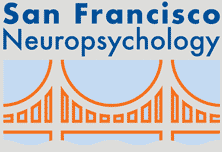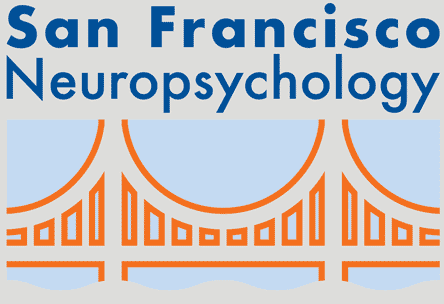Cognitive rehabilitation, also known as cognitive remediation, is a specialized type of therapy designed to provide clients with strategies to improve their thinking skills and/or their every-day functioning. This therapy can help individuals who have problems with attention/concentration, word-finding (remembering names and specific words when needed), memory, problem solving, reading, visual skills, etc. This is usually recommended for people with acquired brain injuries, such as traumatic brain injury. However, it can also be adapted to aid people recovering from a stroke or the cognitive effects of Multiple Sclerosis, as just a few examples.
Recently, the Institute of Medicine, the premiere professional medical organization of our country, conducted a review of how helpful cognitive remediation is. Bottom line: they recommend it. Read the report for yourself here.
Dr. Peery has specialized training in cognitive remediation and is one of only a few PhD-level trained individuals who provides it in the Bay Area. She recommends individual therapy for people who have reached their limit with other forms of therapy. For example, many people may go through Occupational Therapy (OT) and/or Speech Therapy (ST) and benefit. But once OT or ST are no longer beneficial, Dr. Peery can sometimes help, depending on the nature of the ongoing problem. It may be that the tasks that a person can no longer do are too complex to be addressed in Occupational or Speech therapy. Others may have tried computer programs like Insight or Brain Fitness by Posit.com or the exercises at Lumosity.com, both of which have been proven to help some groups of people pay better attention with great success. However, if you or your loved one is “getting stuck” on those exercises, struggling to make any progress because of the effects of a brain injury, then individualized cognitive remediation may be able to help. Cognitive remediation can also assist adults with ADHD.

